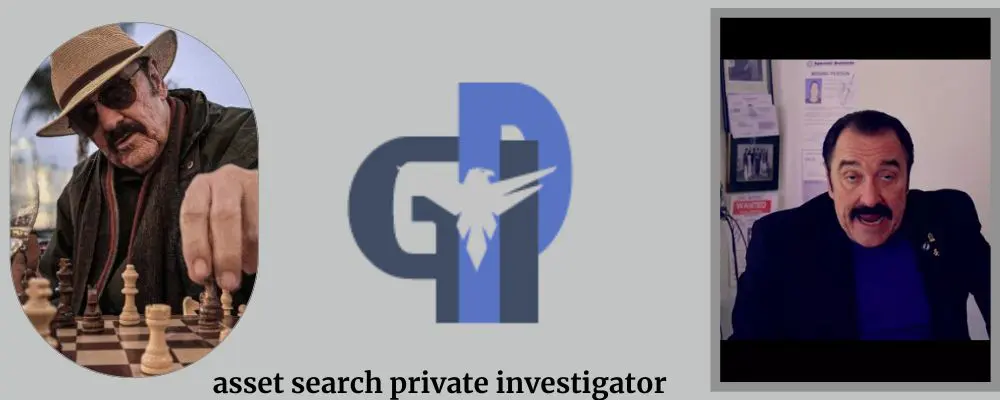How Private Investigators Track Down Hidden Assets in Business Fraud Cases

How Private Investigators Track Down Hidden Assets in Business Fraud Cases
Business fraud cases are complex and multifaceted, involving assets that perpetrators intentionally hide. These hidden assets may include bank accounts, real estate investments, and other valuable personal items. The purpose behind doing so is to avoid detection and legal consequences.
Whether you’re a victim or a concerned individual, knowing how to track down assets is important. However, this process requires specific skills and methods. Hiring a private investigator for an asset search is one of the best decisions a business owner can make. These experts are specially trained to find assets using forensic accounting, surveillance, and research.
Let’s look at what a private investigator does to find assets in business fraud cases.
Forensic Accounting: The Basic of Asset Investigation
Forensic accounting is the first step in tracking down assets in a fraud case. A personal investigator would examine financial records to find irregularities. These could include unexplained transfers, off-the-books transactions, and unusual expenses. This process includes:
- Analyzing Bank Statements and Financial Records: By reviewing bank statements and financial documents, an investigator finds a pattern that indicates asset concealment.
- Identifying Shell Companies and Trusts: Fraudsters use shell companies and trusts to hide assets. Through forensic accounting, a personal investigator (PI) traces these entities back to their owners.
- Uncovering Fraudulent Transactions: A PI would search for transactions that have no legitimate business purpose. For example, making a payment to unknown vendors or large cash withdrawals.
Surveillance: Tracking Physical Assets
Surveillance plays a role in asset investigation. When finding physical assets like real estate, vehicles, or collections, tracing their history can be highly informative. Surveillance might include:
- Monitoring Property Transfers: By tracking real estate transactions, a PI identifies properties that may have been transferred to relatives or business associates to avoid detection.
- Tracking High-Value Purchases: Vehicles, jewelry, and other items are often bought with laundered funds. Tracking these purchases helps determine if they’re used to hide assets.
- Observing Lifestyle Changes: Changes in lifestyle, such as sudden wealth or spending, can be red flags. Observing these changes helps an investigator to gather evidence for further investigation.
Research: Uncovering Hidden Connections
Besides forensic accounting and surveillance, research is essential for uncovering hidden assets. This research involves:
- Public Records Searches: An investigator would search public records for information on property ownership, business affiliations, and court filings. This helps connect the fraudster to the assets.
- Social Media Analysis: Social media can be a source of information. By analyzing a suspect’s social media activity, a PI uncovers connections or identifies associates who may be helping to hide them.
- Network Mapping: Fraudsters rely on a network of individuals to hide assets. By mapping these networks, an investigator finds the main culprit.
Legal Considerations in Asset Investigation
While the investigator’s goal is to uncover assets, it’s important to operate within legal and ethical boundaries. You must obtain permissions, such as court orders, when accessing specific information. Additionally, to avoid legal issues, ensure that investigative methods comply with laws and regulations.
The Importance of Collaboration with Legal Teams During Asset Investigation
Working with a legal team is essential in asset investigation. As an investigator, a PI provides the evidence that lawyers need to file a case. This collaboration ensures that the investigation is thorough and that all findings can be presented in court. An investigator also works with attorneys to get warrants, secure court orders, and navigate the legal complexities of asset recovery.
In Conclusion
Uncovering assets in business fraud cases requires skills, legal knowledge, and a relentless pursuit of the truth. By working with a private investigator, a business owner can protect their company, recover lost assets, and ensure justice. If you are facing a fraud case, take action now. Hire a skilled asset search private investigator to trace your hidden assets and secure your financial future. Don’t wait – get the expert help you need to reclaim what’s rightfully yours.
